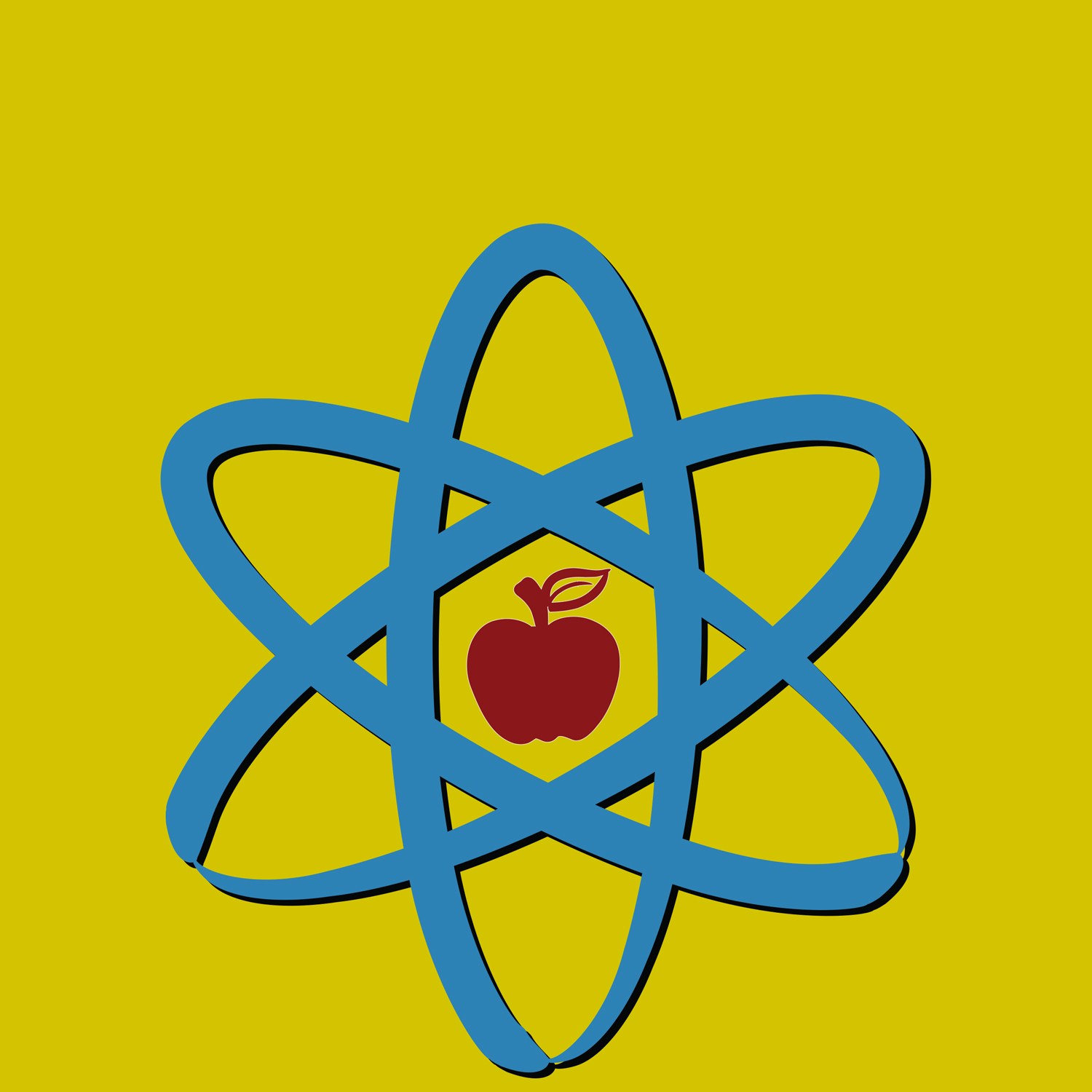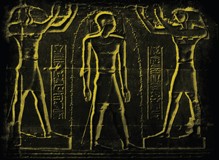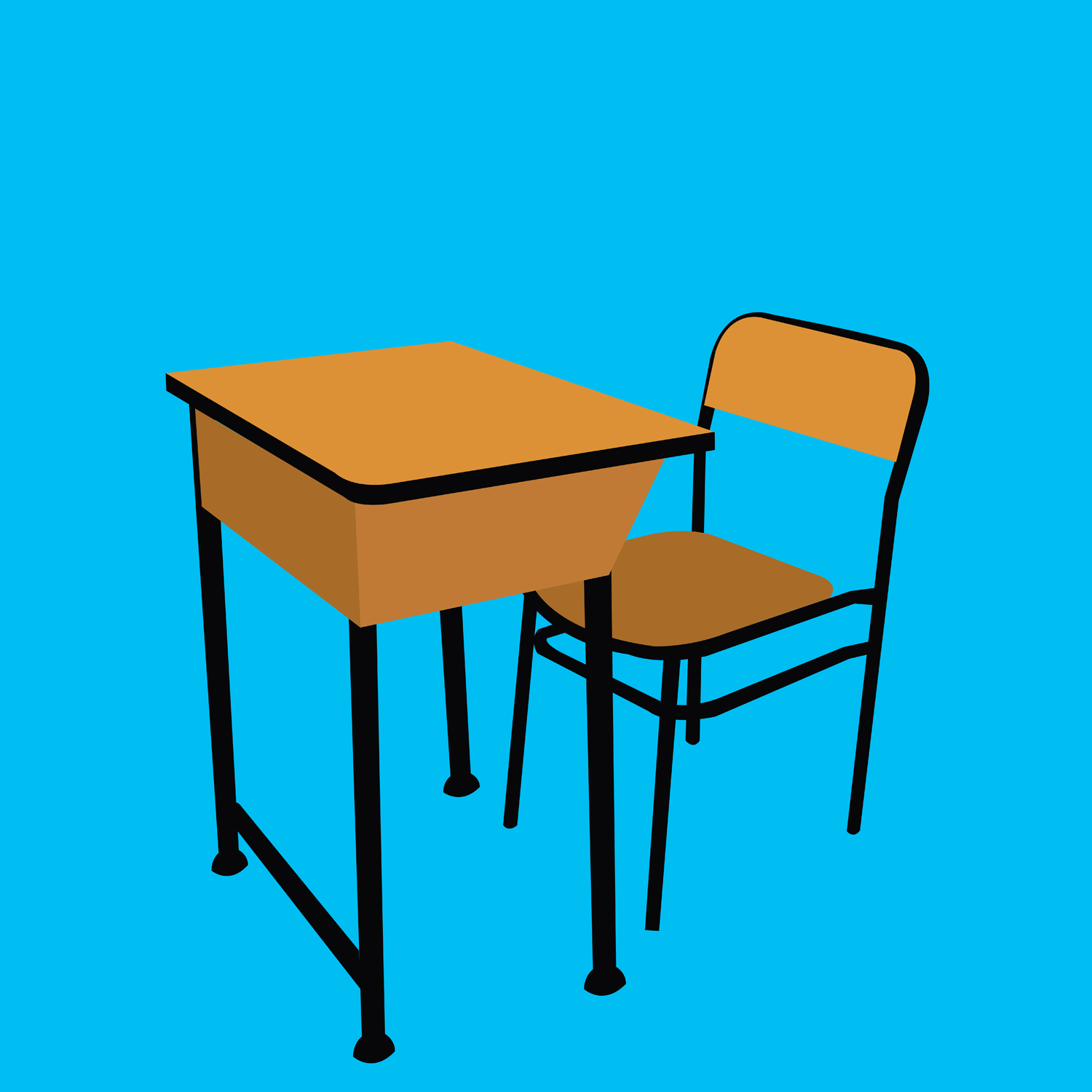
U.S. high-school students perform less well in science and math than students in other economically advanced countries do. Dr. Samuel Silverstein, John C. Dalton Professor of Physiology and Cellular Biophysics in the Columbia University College of Physicians and Surgeons, created and continues to direct a nationally recognized Summer Work Experience for Professional Teachers (SWEPT) that utilizes the research laboratory experience at a major research university to provide experiences for New York City teachers that ultimately enhances their ability to teach science to their students.
Continue reading “Using Scientific Research to Fix Science Education”
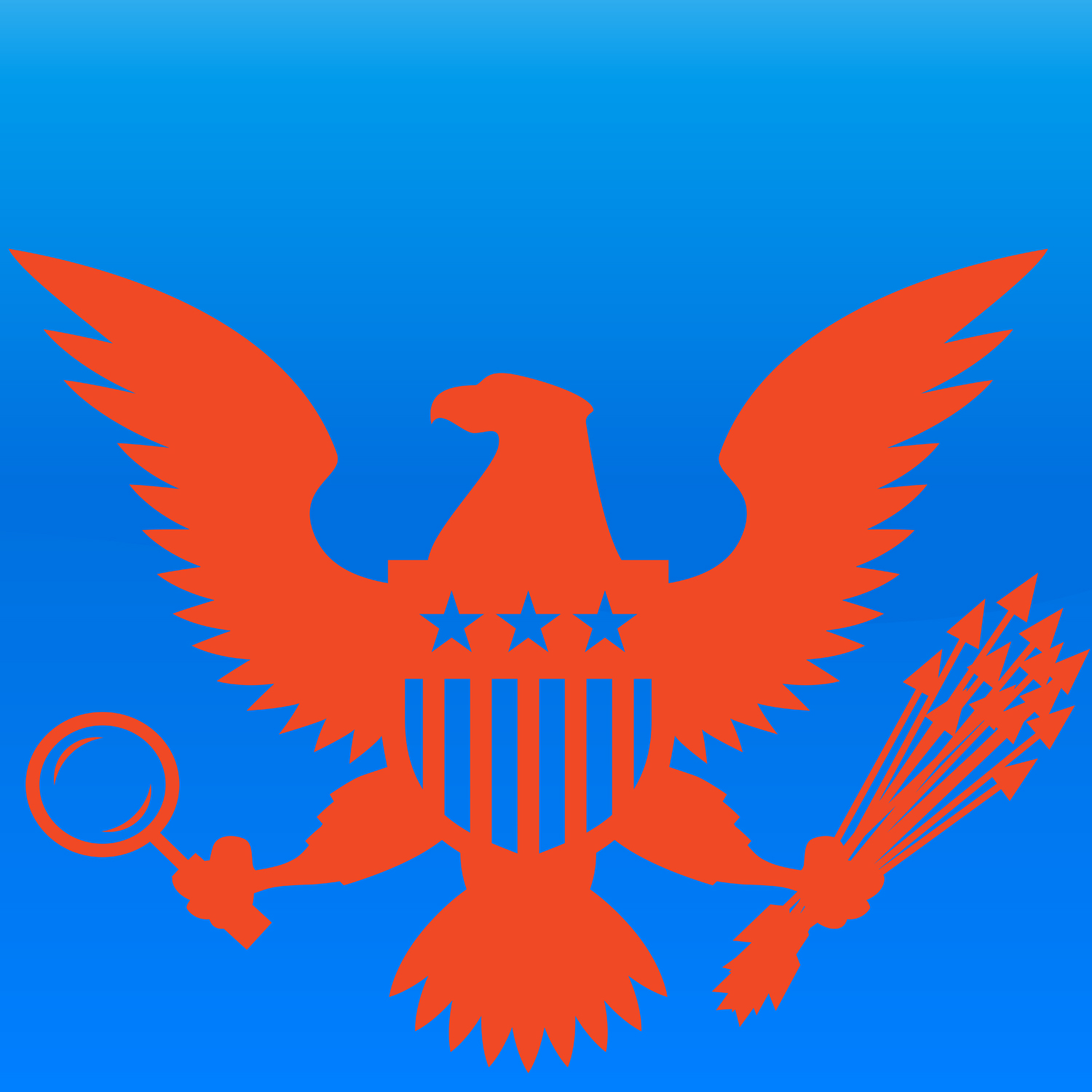
As science and technology becomes more important in the health and well-being of our nation, Washington, D.C. is important in advocating for a more scientifically informed public. C2ST held a discussion with local representatives from Washington on how to maintain healthy and stable levels of funding for basic and applied scientific research and the impact of working to strengthen our countries’ basic scientific research facilities.
Continue reading “Science and Technology Policy: A View from Washington, D.C.”
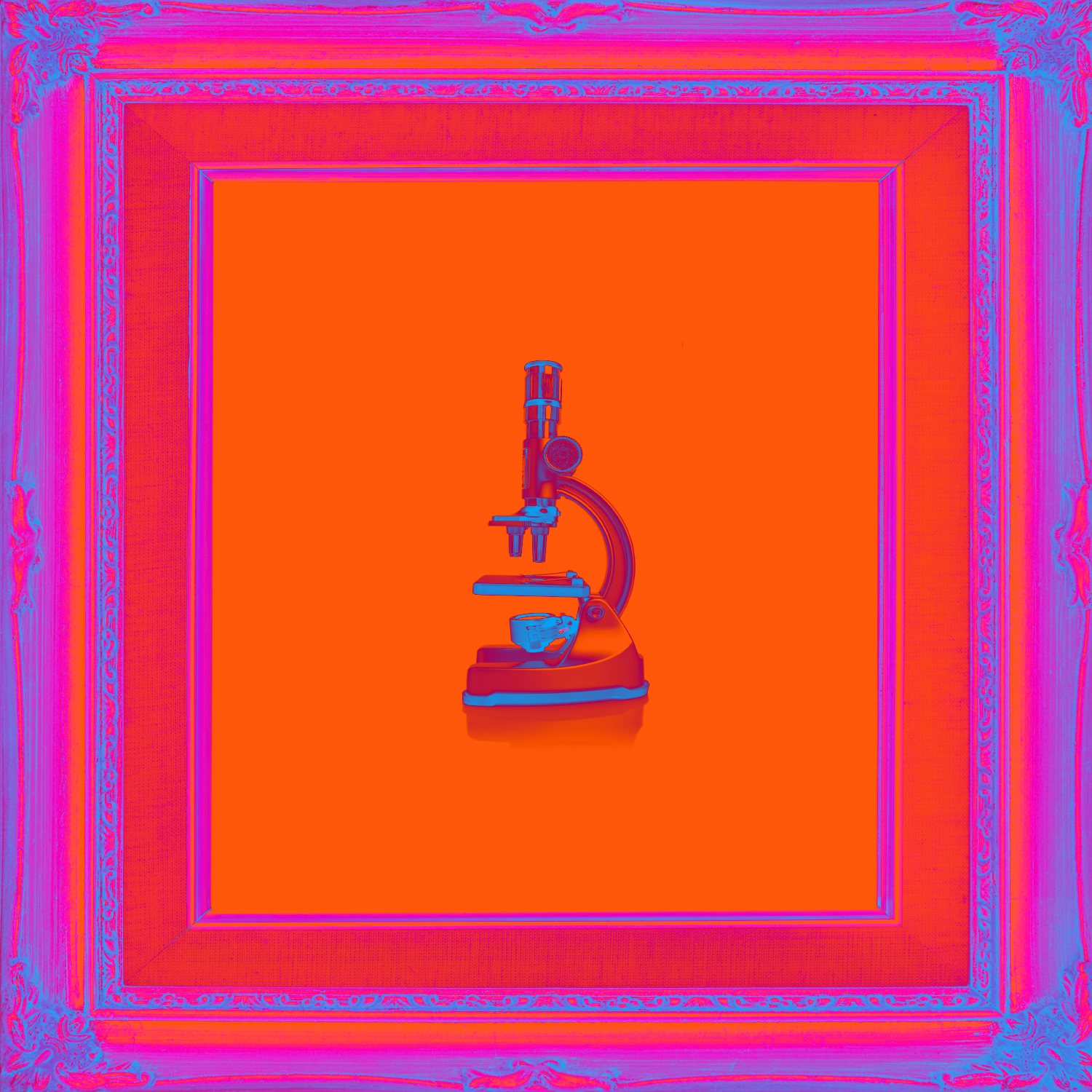
Works of art in your local museum are not always as they seem. Ever wonder why paintings change color over time, how some ancient Chinese Jade mysteriously blackened, or how the composition of a 20 th century bronze statue can determine where, when and by whom it was cast? The art world holds secrets that many times only modern science can unlock.
Continue reading “Secrets of the Art World Unlocked”
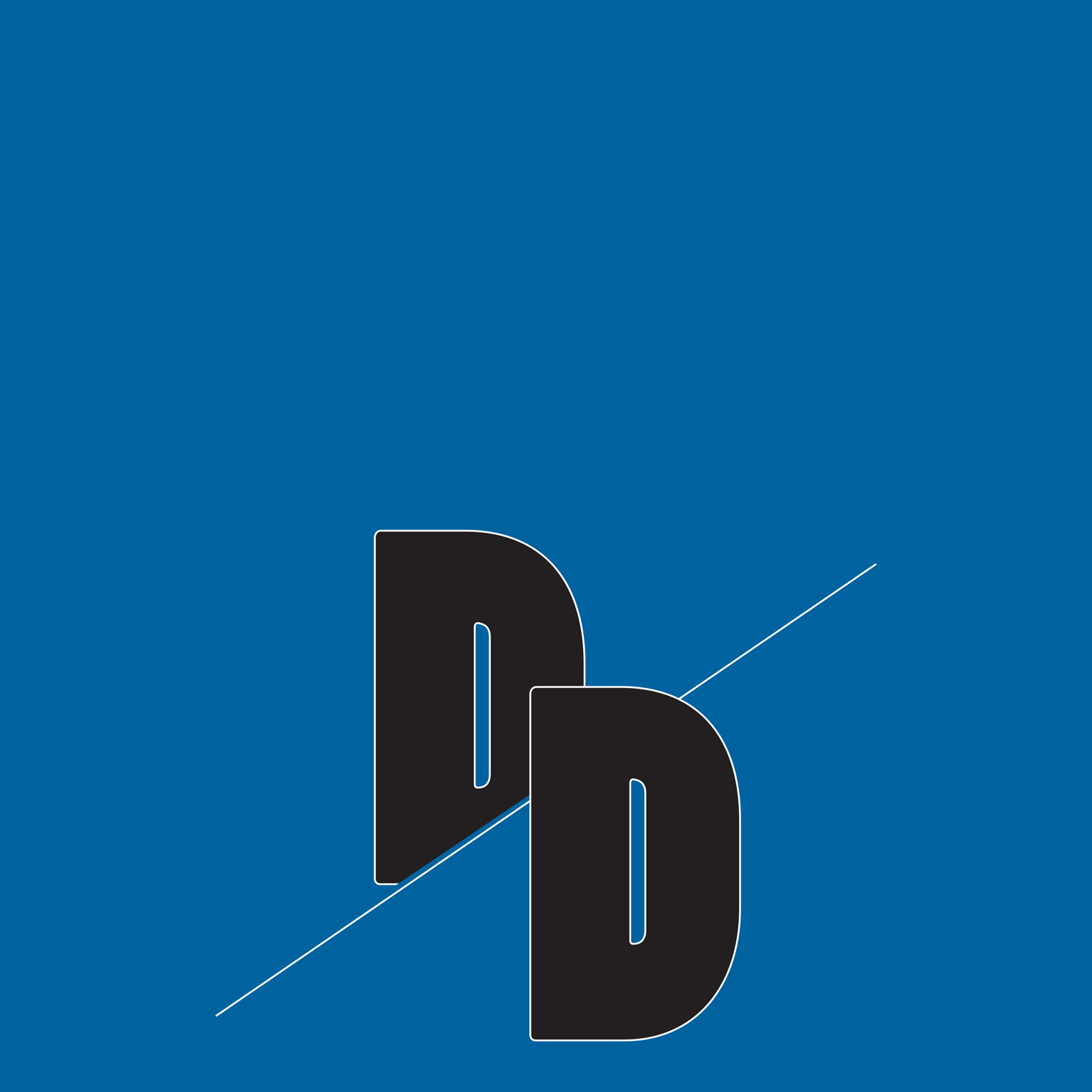
CENTER FOR HUMAN POTENTIAL AND PUBLIC POLICY PRESENTS THEIR ANNUAL LECTURE ON SCIENCE, TECHNOLOGY & SOCIETY
A lecture on The Educational Consequences of the Digital Divide from Robert W. Fairlie Professor, Department of Economics, The University of California, Santa Cruz
Continue reading “The Digital Divide: Do We Care?”

